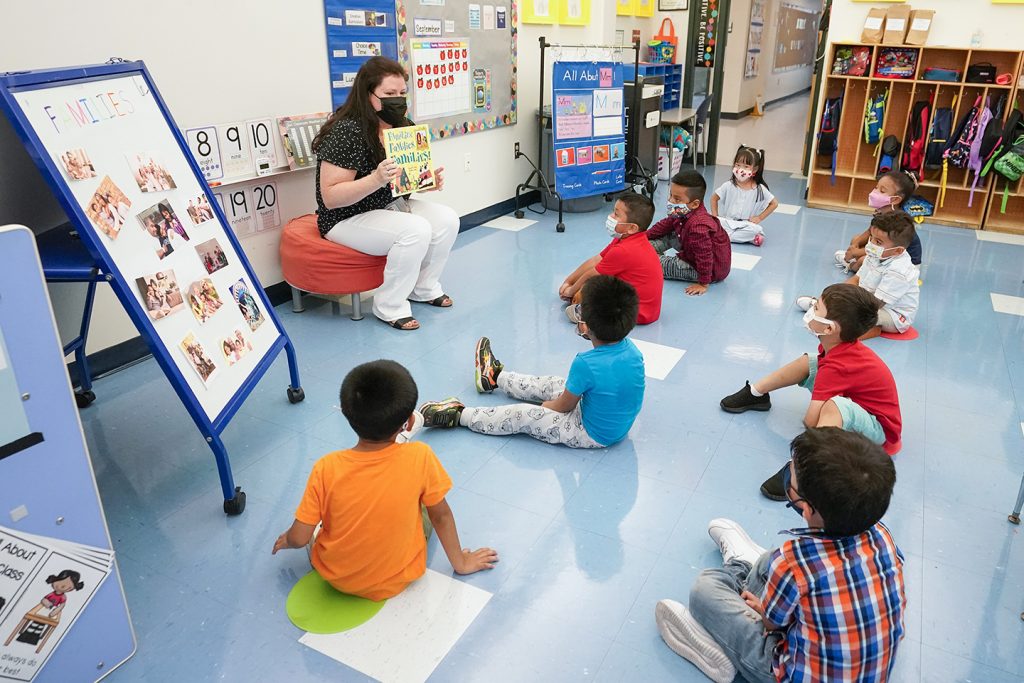ESG ratings have become a crucial tool for companies and investors alike, providing a comprehensive measure of how well a company is adhering to sustainability goals and ethical standards. These ratings assess a company’s performance in three key areas: its environmental impact, its social responsibility, and the governance structures it has in place to ensure transparency and accountability. As sustainability becomes an increasingly important focus in the global business landscape, ESG ratings have emerged as essential benchmarks for companies that are committed to minimizing their environmental footprint, promoting social equity, and adhering to sound governance principles. In terms of environmental criteria, ESG ratings evaluate how a company manages its environmental impact, including its carbon footprint, resource usage, waste management, and efforts to combat climate change. Companies that excel in this area often invest in renewable energy, sustainable sourcing, and innovative technologies aimed at reducing emissions and conserving natural resources. These efforts align with global sustainability goals, such as the Paris Agreement, which aims to limit global warming and transition to a low-carbon economy.
As consumers and investors become more environmentally conscious, companies that demonstrate a commitment to reducing their environmental impact are likely to gain a competitive edge. The social dimension of esg 投資概念 looks at how a company manages relationships with its stakeholders, including employees, customers, suppliers, and the communities in which it operates. Companies are evaluated on factors such as labor practices, employee welfare, diversity and inclusion, community engagement, and consumer protection. Strong performance in this area indicates that a company not only complies with ethical labor standards but also prioritizes human rights and strives to create positive social outcomes. For example, companies that promote gender equality, diversity in leadership, and fair labor practices contribute to social equity, which is a key pillar of sustainable development. Governance refers to the internal systems and processes that a company employs to ensure accountability, transparency, and ethical conduct. ESG ratings assess corporate governance practices such as board composition, executive compensation, anti-corruption policies, and shareholder rights.
A strong governance structure fosters long-term business sustainability by aligning the interests of shareholders, executives, and other stakeholders. It also mitigates risks associated with fraud, corruption, and mismanagement. Companies that prioritize strong governance practices are more likely to attract investment and maintain trust with consumers and regulators. The integration of ESG ratings into corporate strategy signals that a company is dedicated to long-term sustainability rather than short-term profits. Investors are increasingly using ESG ratings to guide their investment decisions, seeking companies that not only generate financial returns but also contribute positively to society and the planet. This shift reflects growing awareness of the need to address global challenges, such as climate change, income inequality, and corporate malfeasance. As a result, ESG ratings have become a vital standard for companies striving to demonstrate their commitment to sustainability goals, offering a framework to align business practices with the broader objectives of environmental stewardship, social responsibility, and ethical governance.


